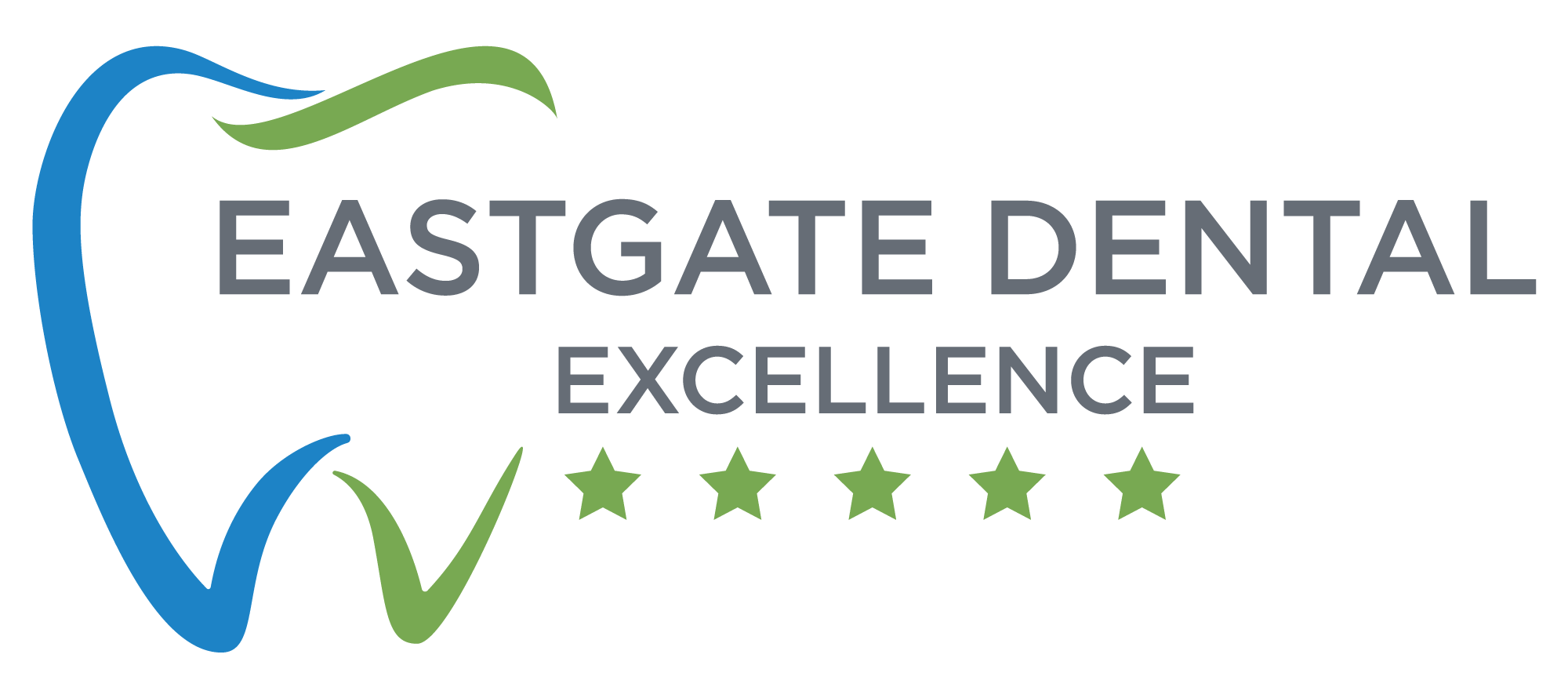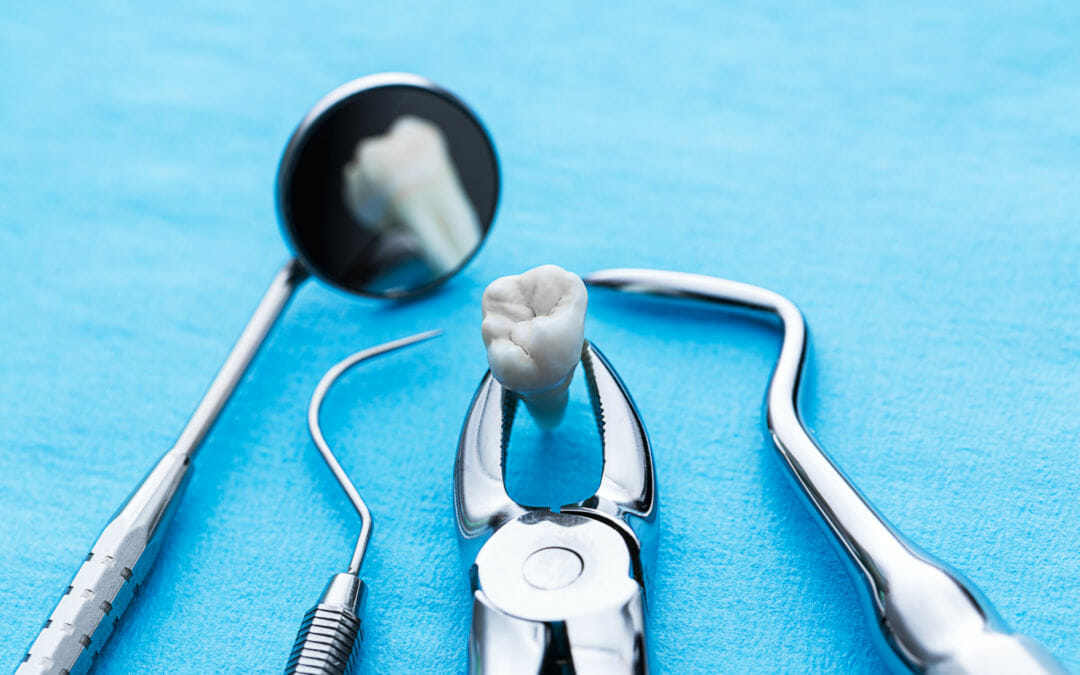Routine dental exams and a good habit of brushing twice a day should minimize the chance of having a tooth extracted. But eventually, you may need one or more teeth removed in order to keep your gums and mouth healthy. Root canals and other treatments extend the life of a tooth once decay sets in. When it’s not enough, your dentist may recommend an extraction. Don’t stress out over this common dental procedure. Prepare for your extraction at Eastgate Dental Excellence for a calm and relaxed experience.
What Can Lead to the Need for Extraction?
Wisdom teeth are the most commonly extracted teeth in the mouth because most people don’t have enough space for these final sets of molars. Overcrowded teeth can also occur at any age. When you have more than the usual number of baby or adult teeth, removing the extras is key to creating space for the rest of them in the jaw. As you get older, damage and decay can set in. Even with fillings and root canals, a tooth may eventually have decay spread to the interior. When the root is damaged by decay or in an accident, there’s often little choice but to complete an extraction. Accidents that shatter or crack a tooth can also necessitate extraction if there’s no other option for repairing it. Gum disease is perhaps the most common cause of extractions in older adults, especially once pockets form around a tooth’s roots and it’s no longer attached to the jaw.
1. Stock Up on Soft Foods
Taking out a tooth leaves the jaw and gum tissue sore around the extraction site. Soft foods and mild drinks help your mouth recover while minimizing discomfort and reducing the risk of inflammation. Hard, crunchy, and grainy foods can end up stuck in the space left where the tooth once was. Instead of popcorn or crispy chips, reach for:
- Mashed potatoes
- Creamy and well-cooked chunky soups
- Ice cream
- Pudding
- Gelatin
- Apple sauce
- Yogurt
- Pasta cooked to a soft stage with a mild sauce
- Well-boiled or pureed roasted vegetables
- Scrambled eggs.
2. Ask Plenty of Questions
Don’t go into the extraction appointment still wondering if you’re making the right choice. Schedule a consultation with your dentist to understand your oral health situation and exactly why they are recommending extraction as the best option. Discuss your concerns about healing, discomfort, and the chance of infection or other side effects. Taking time to go over the details before the day of the appointment will alleviate a lot of your stress about it, especially if you’re considering follow-up restoration work like dental implants.
3. Figure Out the Right Anesthesia Level
Simple extractions likely only require local anesthesia to keep you pain-free throughout the procedure. However, you may still opt for some level of sedation to relieve your nerves related to treatment if you wish. For impacted teeth that need a surgical extraction, the anesthesia options can vary. Single teeth without a lot of complications are often removed still only under local anesthesia. If multiple teeth are being extracted, such as an entire set of impacted wisdom teeth, general anesthesia is likely recommended. Your dentist can guide you to the right choice and make sure you’ll be as relaxed as possible during the extraction.
4. Discuss Pain Management Solutions
Pain management begins the moment the anesthesia begins to wear off after the procedure. This can range depending on your body’s reaction to the medication, but it usually begins around 1 to 3 hours after you leave the dentist’s office. Your dentist can take your medical history into consideration and help you choose a pain management plan that fits your needs and sensitivities regarding certain pain medications. You may only need over-the-counter anti-inflammatory medication to relieve mild discomfort and swelling, especially if you only have a single tooth removed with a simple extraction.
5. Share Your Medical History with the Dentist
Speaking of medical history, discuss any prior surgeries or similar treatments you’ve undergone in the past. Bring up any medications you’re currently taking since a wide range of prescriptions and herbal supplements can interact with your ability to heal after tooth extraction. If you have any signs of active infection before the appointment, contact the dentist’s office so they can give you antibiotics and help start the process of healing before you even have the tooth removed. Surgical extractions may require a few checks of your overall health, especially if you plan to undergo general anesthesia.
We work hard here at Eastgate Dental Excellence to make the process of tooth extraction as painless and stress-free as possible. Feel free to discuss any of your concerns about the procedure with our staff and we’ll be happy to explain it all. Once the tooth is extracted, we can also help you find a dental implant or other restoration option to get the smile you want while enjoying better health.

